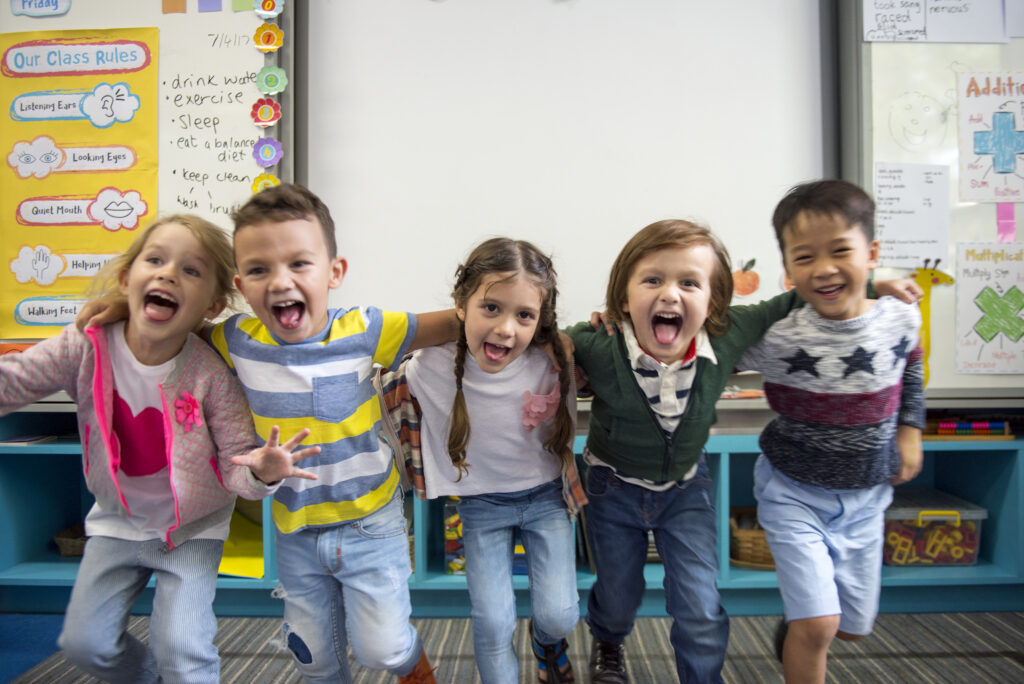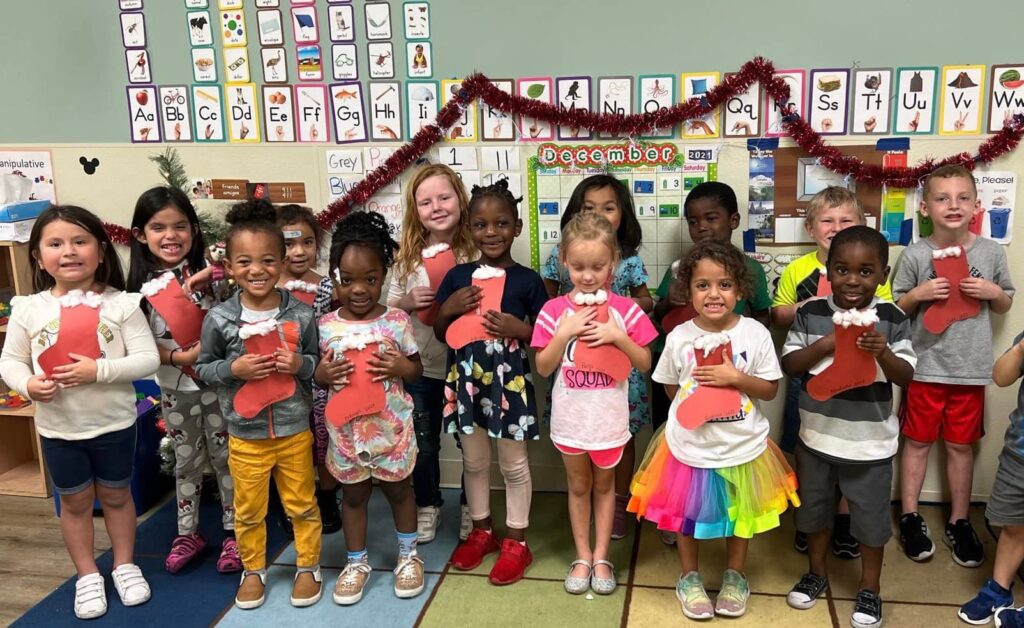The role of childcare in the development of a child’s social skills is often a subject of interest for parents and educators alike. As children venture out of the familial nest and into more social environments, it becomes increasingly important to understand how these settings contribute to their cognitive development and social skills. In this article, we’ll delve into the impacts of childcare on a child’s ability to interact with peers and navigate the social landscape effectively.
The Significance of Childcare in Early Development
Childhood is a critical period for cognitive development, and social skills are a fundamental component of this growth. Childcare settings offer unique environments for children to learn and practice these skills, which will serve them throughout their lives.
An Introduction to the Social World
Childcare provides children with one of their first opportunities to engage with a diverse group of individuals outside of their families. This exposure is critical for learning how to socialize, share, and cooperate with others.
The Role of Educators
Childcare professionals play a significant role in guiding children’s social interactions. They model appropriate behaviors, mediate conflicts, and encourage inclusive play, thus shaping the social dynamics within the childcare setting.

Understanding Social Skills Development
Social skills are the tools that enable us to interact and communicate with others. These include verbal and non-verbal communication, empathy, conflict resolution, and the ability to form and maintain relationships.
The Building Blocks of Social Interaction
From learning to take turns during a game to understanding body language, children develop foundational social skills in childcare environments. These experiences are essential for their ability to function in a group and form friendships.
Empathy and Emotional Intelligence
Childcare settings challenge children to recognize and respond to the emotions of others. Developing empathy is crucial for children to build emotional intelligence and navigate social nuances.
The Impact of Peer Relationships
Interactions with peers in childcare contribute significantly to social skills development. Through play and group activities, children learn to negotiate, collaborate, and support each other.
Childcare and Social Skills Development
Childcare settings, whether they be daycare, preschool, or playgroups, offer structured environments where children can learn and practice social skills through daily routines and interactions.
Group Activities and Teamwork
Activities that require cooperation teach children the importance of teamwork. They learn that working together can lead to successful outcomes and enjoyable experiences.
Learning from Conflict
Conflict is an inevitable part of any social interaction, and childcare provides a controlled environment for children to learn conflict resolution skills. Educators guide them through the process, helping them to communicate effectively and find solutions.
The Influence of Routine
Routines in childcare settings help children understand social expectations and norms. Consistent schedules and rules provide a framework for behavior and interaction, contributing to social competence.

The Benefits of Quality Childcare
Not all childcare environments are created equal. High-quality childcare can significantly influence the development of a child’s social skills.
Trained Staff and Child Development
Staff with training in child development can more effectively foster social skills. They are equipped to create learning opportunities and address individual needs.
Safe and Supportive Environments
A safe and supportive childcare setting encourages children to take social risks, like making new friends or trying new activities, which are essential for social learning.
The Role of Play
Play is a natural medium for children to express themselves and learn about the world. High-quality childcare intentionally utilizes play to enhance social skills development.
Overcoming Challenges in Childcare
While childcare can have a positive impact on social skills development, there can also be challenges that need to be addressed.
Navigating Different Backgrounds
Children come from various backgrounds and experiences, which can affect how they interact socially. Childcare providers must be sensitive to these differences and create inclusive environments.
Addressing Behavioral Issues
Some children may exhibit behavioral issues that impact their social interactions. Quality childcare can identify and address these concerns early, providing support and intervention as needed.
Ensuring Consistency
Consistency between home and childcare environments is crucial for reinforcing social skills. Parents and caregivers must work together to provide a unified approach to social development.
Parental Involvement in Social Skills Development
Parental involvement is key to reinforcing the social skills learned in childcare settings.
Communication with Caregivers
Regular communication with childcare providers ensures that parents are aware of their child’s social progress and any areas that may need attention.
At-Home Strategies
Parents can extend social learning at home through playdates, family activities, and discussions about social situations and feelings.
Modeling Social Behavior
Children learn a great deal from observing their parents. Demonstrating positive social behavior at home can reinforce the lessons learned in childcare.

Conclusion: The Lasting Impact of Childcare on Social Development
Childcare plays a pivotal role in shaping the social skills that are vital for personal and professional success. By providing diverse social experiences, fostering empathy, and teaching conflict resolution, childcare sets the foundation for children to become well-rounded individuals capable of meaningful interactions.
As parents, educators, and caregivers, it is our responsibility to ensure that the childcare environments we choose for our children are conducive to their social skills development. By doing so, we invest in their future and the future of a society that values cooperation, understanding, and respect.
The impact of childcare on social skills development is profound and far-reaching. With the right support and opportunities, children can flourish socially, setting them up for a lifetime of successful relationships and interactions.
—
Take the Next Step: Contact Open Doors Preschool
At Open Doors Preschool, we are dedicated to nurturing the social, emotional, and cognitive development of every child. Our trained staff, supportive environment, and commitment to quality childcare make us the ideal choice for fostering your child’s social skills.
Don’t miss out on the opportunity to provide your child with a strong foundation for future success. Contact Open Doors Preschool today to learn more about our programs and how we can support your child’s growth. Call us or drop by for a visit – let’s open the doors to a brighter future together.
